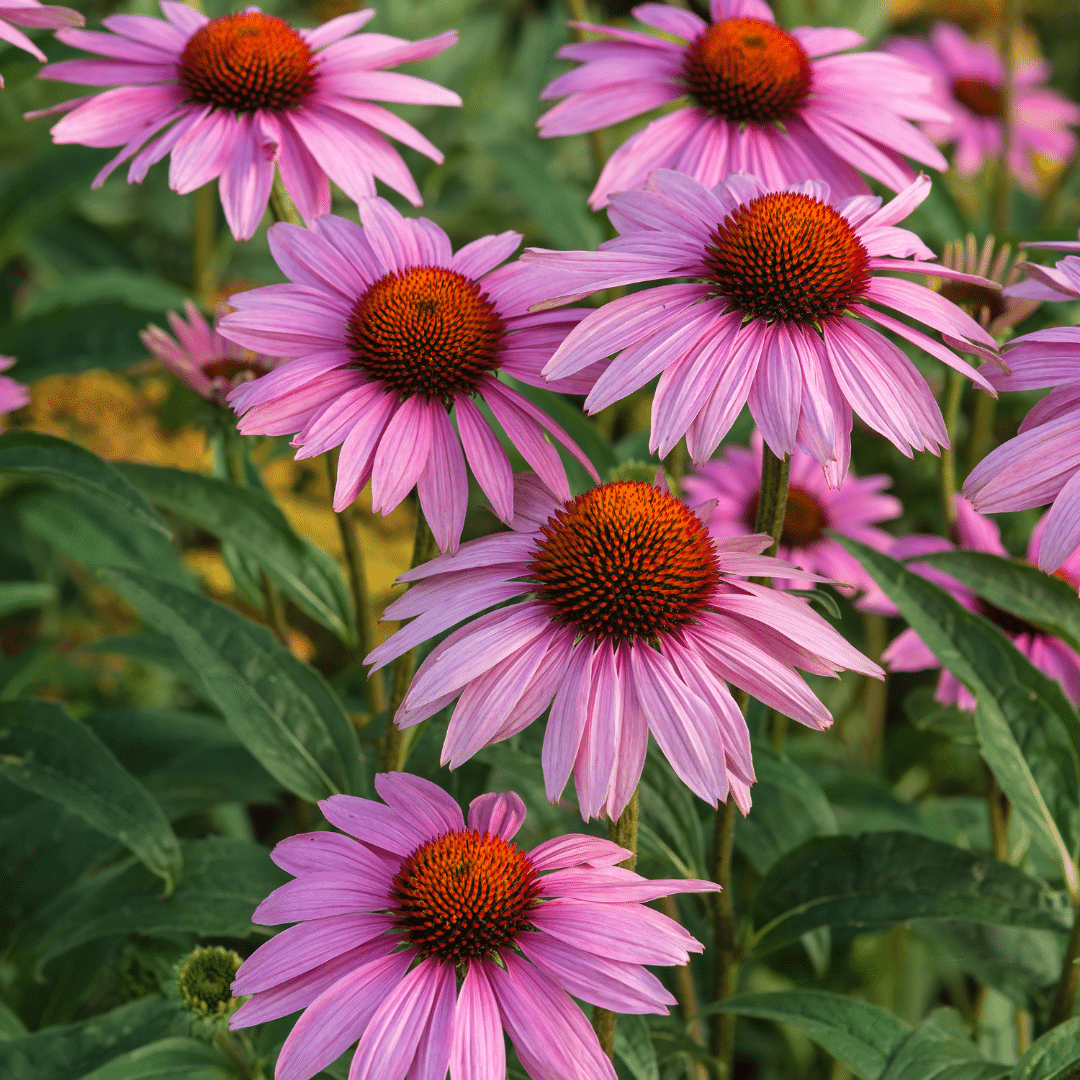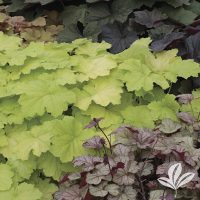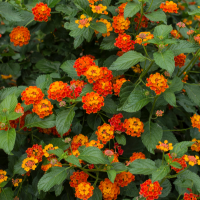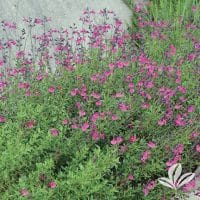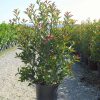Description
Coneflower (Echinacea purpurea and related species) is a sturdy, charming perennial that brightens gardens with daisy-like blossoms and brings a touch of wildflower drama to borders, beds, and pollinator-friendly landscapes. Native to North America, coneflowers are prized for their hardiness, long bloom periods, and wildlife benefits. They typically grow 2 to 4 feet tall, with upright stems that bear large, showy flower heads featuring a central cone surrounded by soft, drooping petals in shades of pink, purple, or white. The iconic coneflower is not only beautiful but adaptable, thriving in a range of soils and light conditions when given decent drainage and regular care.
Planting and growing
Coneflowers prefer full sun and well-drained soil. They are reasonably drought-tolerant once established, making them a reliable choice for gardens with variable rainfall. To establish a healthy bed, work in compost or organic matter to improve soil structure and fertility. Space plants about 18 to 24 inches apart to allow air circulation and reduce disease risk. Mulching helps conserve moisture and suppress weeds. Deadheading spent flowers can prolong blooming and encourage a neater appearance, while cutting back in late fall or early spring helps maintain vigor.
Care and maintenance
Coneflowers are relatively low maintenance. They benefit from an application of balanced fertilizer in early spring and a light pruning after flowering to keep plants compact. In regions with harsh winters, a light mulch can protect root crowns. Watch for common pests such as aphids or Japanese beetles, and manage diseases by ensuring good drainage and avoiding overhead watering. Dividing clumps every few years keeps plants vigorous and prevents overcrowding.
Botanical and ecological value
Beyond beauty, coneflowers are prized for their ecological role. They attract pollinators like bees and butterflies, supporting local ecosystems and improving garden health. They also create seed heads that feed birds in late fall and winter. Several cultivars are available, offering a spectrum of colors and sizes to suit different garden styles—from cottage borders to contemporary landscapes.
Tips for designers and home gardeners
Choose a sunny, well-drained site and pair coneflowers with grasses, coreopsis, and other prairie-style perennials for a cohesive look. Consider planting in drifts for maximum visual impact, and use taller varieties toward the back of borders. With proper care, coneflowers thrive year after year, earning their place as a reliable, attractive centerpiece in any garden.
See coneflower plants at either our Premier Nursery Euless or Benbrook locations.

